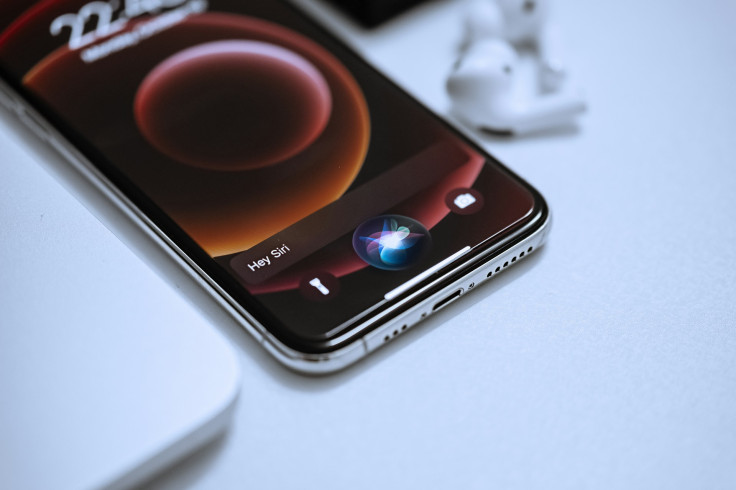UK Tech Watch: How Apple's Google Gemini Deal Could Make Siri Smarter Than Ever
Apple's AI shift with Google's Gemini could redefine Siri's intelligence and privacy for the UK.

Apple is quietly preparing what could be the biggest overhaul in the history of its voice assistant, Siri.
According to a Reuters report, Apple Inc. is in advanced discussions to license Google's Gemini, a powerful artificial intelligence model developed by Google LLC, as the foundation for a next-generation Siri expected to debut in 2026.
A Foundation With Advanced Audio Understanding
What makes Gemini particularly intriguing is its ability to process audio in ways traditional voice assistants cannot.
Documentation for the Gemini API shows that the model can transcribe, summarise and extract meaning from long segments of audio, even distinguishing background noise from speech.
This could pave the way for a Siri that finally understands the wide range of British accents and speech patterns. For UK users, the upgrade promises fewer 'Sorry, I didn't catch that' responses and more natural, conversational interactions.
Why the UK Matters
Across the UK, users have long complained that Siri struggles with local dialects and regional expressions, from Northern English intonation to Scottish vowel shifts.
Research has shown that speech-recognition systems still suffer from algorithmic bias, often underrepresenting regional and ethnic accents.
By leveraging Gemini's multimodal capabilities, Apple could significantly improve Siri's accuracy and responsiveness for British users.
The potential upgrade is not only about accent recognition but also about context. Because Gemini is trained across text, image, audio and video, it is better equipped to interpret everyday UK phrases such as 'pop to the shop', 'Tesco Clubcard', or 'M25 traffic'.
In a country with diverse accents and expressions, this update could make a far bigger impact than in markets where a single 'standard' accent dominates.
Control, Privacy and the Deal
The partnership remains in early stages. Apple has not confirmed any deal, and reports suggest the company is still deciding whether to rely fully on Gemini or blend it with its own in-house AI models.
From a UK regulatory standpoint, the key question is whether Apple will maintain its strict privacy commitments and full control over user data.
Apple has repeatedly stressed that any processing of voice data through its Private Cloud Compute system remains under its supervision. If Gemini is integrated, most of the AI processing would likely occur on Apple-controlled servers rather than being outsourced entirely to Google.
However, involving an external partner raises new issues around data flow, model updates and regional customisation, which UK regulators are expected to monitor closely.
What UK Users Should Watch
- Rollout timing: Will the UK receive the updated Siri at the same time as the US, and will local services be available at launch?
- Accent performance: Independent reviewers will need to test the assistant's new ability to understand Glaswegian, Scouse, Welsh and London multi-dialects.
- Privacy disclosures: Apple must clearly explain how voice data is stored and processed, particularly under UK and EU privacy laws.
- Competition and choice: With Apple partnering with Google, will independent assistants still innovate for UK consumers, or could the market narrow?
- Pricing and access: Will the new Siri be available on all devices or reserved for premium models?
While it is too early to declare Siri fully transformed, Apple's potential collaboration with Google marks a major step forward in its artificial intelligence ambitions.
For British users, the prospect of a Siri that finally understands local accents and phrases such as 'remind me at Tesco' or 'set an alarm before the school run' is an exciting one.
The true test, however, will come when the upgrade rolls out in real life and Apple proves it can deliver on accuracy, privacy and regional understanding.
© Copyright IBTimes 2025. All rights reserved.





















